 |
 |
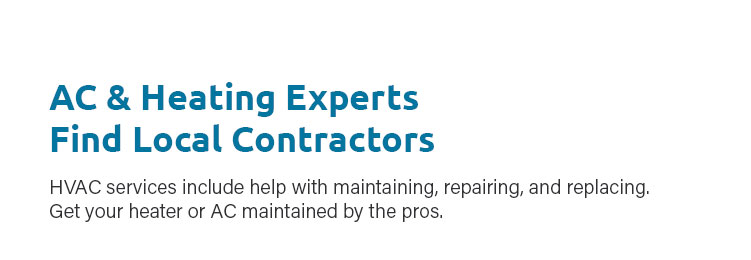 |
 |
 |
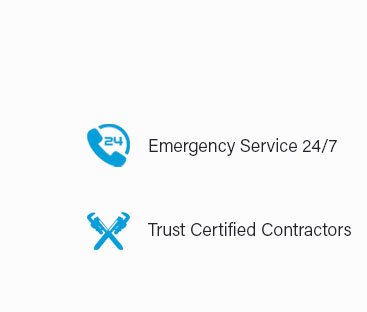 |
 |
 |
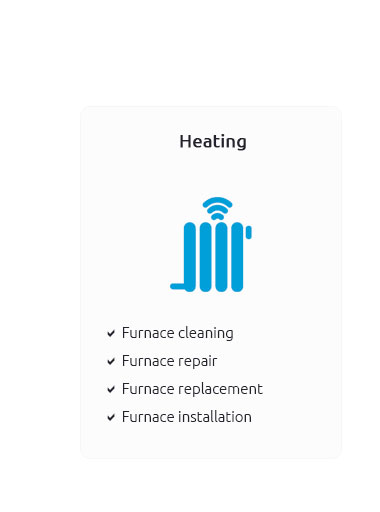 |
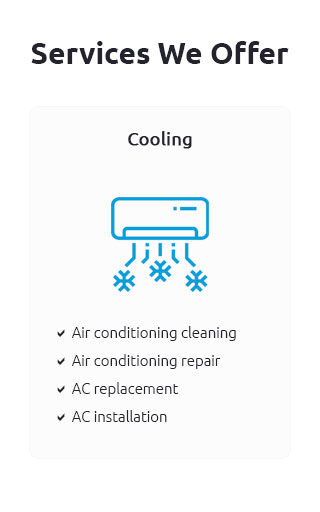 |
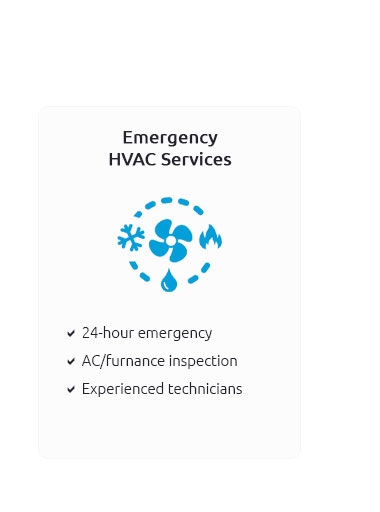 |
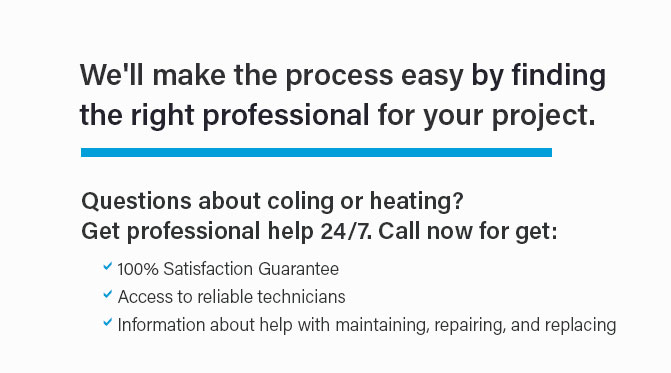 |
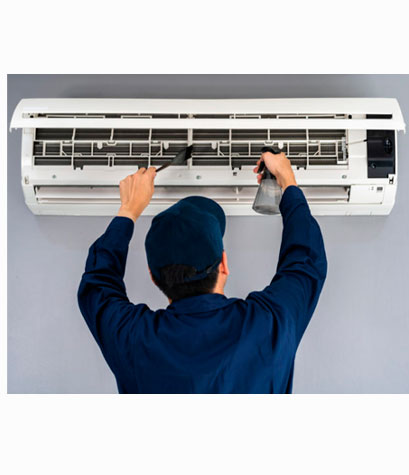 |
 |
 |
 |
Replace an HVAC System: A Comprehensive Guide for HomeownersReplacing an HVAC system is a significant investment that requires careful consideration and planning. This guide provides essential insights into the process, helping you make informed decisions. Understanding When to Replace Your HVAC SystemSigns of an Aging SystemAn HVAC system typically lasts between 10 to 15 years. Signs that it may be time to replace your system include frequent repairs, unusual noises, and inefficient performance. If your energy bills are rising without a change in usage, it might be time for an upgrade. Evaluating Repair vs. ReplacementWhen your system breaks down, consider the cost of repairs compared to replacement. A general rule of thumb is if repair costs exceed 50% of the price of a new system, replacement is the better option. Choosing the Right HVAC SystemTypes of Systems
Key Features to ConsiderLook for systems with high SEER ratings for energy efficiency, variable speed compressors for better humidity control, and smart thermostats for convenience. Ensure the system is appropriately sized for your home to maximize comfort and efficiency. For more information on local services, explore air conditioning repair in Clearwater, FL to find expert assistance. Installation ProcessFinding a Qualified TechnicianHiring a certified technician ensures proper installation. Look for professionals with positive reviews, appropriate licenses, and experience with the type of system you choose. Steps Involved in Installation
Maintenance Tips for LongevityRegular maintenance extends the life of your HVAC system. Change filters regularly, keep outdoor units clear of debris, and schedule annual professional check-ups. For more advice, consider consulting a c service near me for tailored recommendations. FAQ
https://www.all-about-the-house.com/replacing-central-ac-heating-hvac/
I'll showcase the entire replacement with construction photos and a bit of background & commentary to weave things together. https://www.reddit.com/r/hvacadvice/comments/15pi1of/what_to_know_about_getting_a_new_hvac_unit/
As a hvac contractor I wouldn't rush to replace it. When the time comes though, I would get at least 3 quotes and my own financing. No ... https://www.youtube.com/watch?v=xmnHU3uYxP4
America's #1 Choice For Quality, Affordable HVAC Equipment: https://www.alpinehomeair.com All my favorite HVAC tools: ...
|